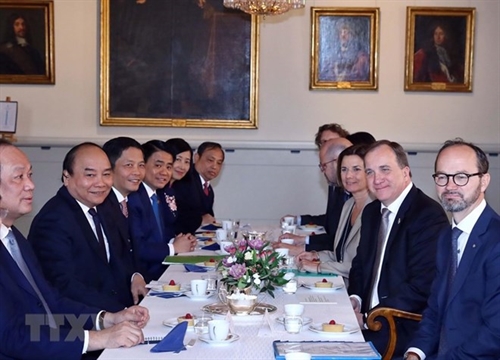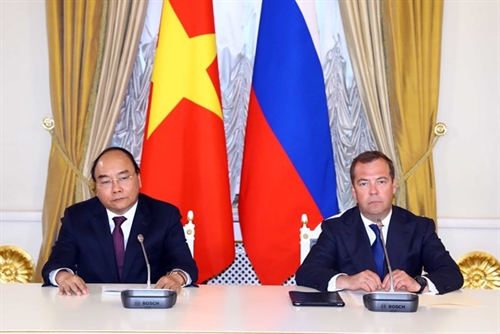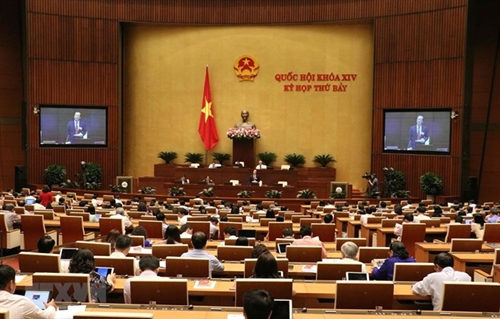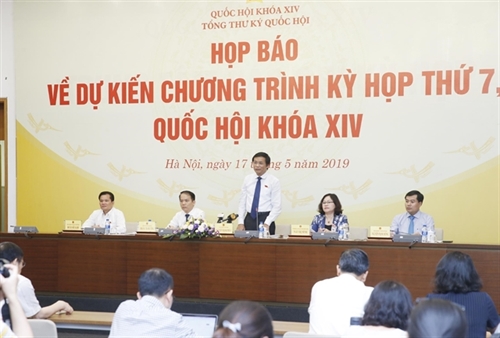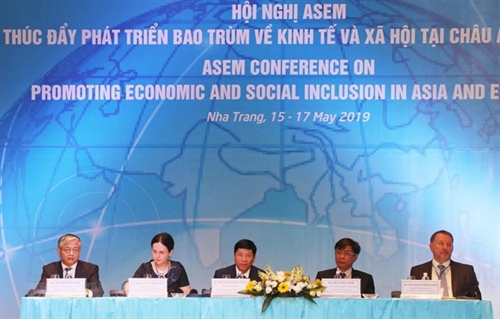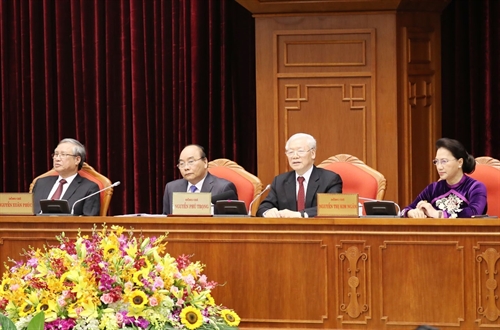The seventh session of the 14th National Assembly (NA) on May 28 received split opinions on whether the NA or the Government should have the authority to set the amount of capital allocated to each State budget-invested project in the mid-term plan.
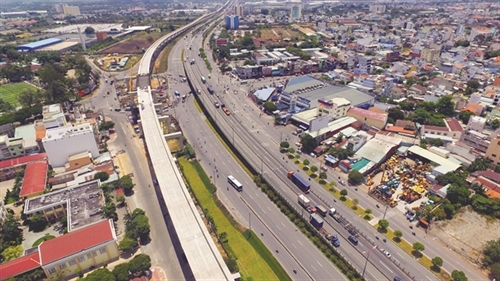 |
| A bird’s-eye view of the Ben Thanh-Suoi Tien metro line in Ho Chi Minh City. The 20km urban railway has faced several delays and costs overruns since construction started in 2012__Photo: VNA |
The current Law on Public Investment, which took effect in 2014, says the NA is in charge of approving the total amount of public investment capital to be disbursed over a period of five years.
The Government is responsible for submitting a list of key national projects to be funded with the State budget and setting the amount of investment capital to be given to each project, with the total not to exceed the limit set by the NA.
The draft revised law on public investment discussed by the NA gathering proposes transferring the power to set funding for individual public projects from the Government to the NA, while still allowing the legislative body to set the total amount of funding for all projects in the five-year term.
The Government would no longer be allowed to approve funding levels for each project.
Deputy Le Thanh Van from Ca Mau Province supported the draft. Van said making decisions on how to fund public investment projects was one of the NA’s key responsibilities.
Deputy Ton Ngoc Hanh from Binh Phuoc Province said that with the NA’s heavy workload, it would be unrealistic to expect the legislative body to approve and adjust specific funding for as many as 9,000 projects in five years.
Other lawmakers disagreed, saying the NA’s approval process would not take too much time if the Government makes careful preparations before submitting investment plans.
Unfocused investment
Deputy Le Thanh Van said the implementation of the mid-term public investment plan had faced difficulties, including a failure to follow public investment law regulations because the Government’s advisory team had not completed all of the tasks assigned by the NA.
Deputy Nguyen Thi Quyet Tam from Ho Chi Minh City proposed the Government attempt to determine whether slow disbursement of public investment funds for key national projects was due to structural problems with the Law on Public Investment or poor implementation of its regulations.
Speaking with Vietnam News Agency reporters on the sidelines of the meeting on Tuesday, deputy Nguyen Duc Kien from Soc Trang Province said the cost overrun of Ben Thanh-Suoi Tien metro project in Ho Chi Minh City and the slow disbursement of funds to hospitals in Hanoi and Ho Chi Minh City showed that the problems lie in unfocused and ineffective implementation of the law rather than any flaw with the law itself.
According to deputy Hoang Van Cuong from Hanoi, the Law on Public Investment must prioritize urgent and realistic projects to address transportation problems, support people in mountainous areas and help stabilize lives.
He proposed the Government issue a set of quality standards for State budget–invested projects after the revised law is passed. Localities which meet the criteria would be selected to receive public investment.
The criteria would help avoid wasteful spending, select suitable projects and assess their efficacy after they are complete, he said.- (VNS/VLLF)
